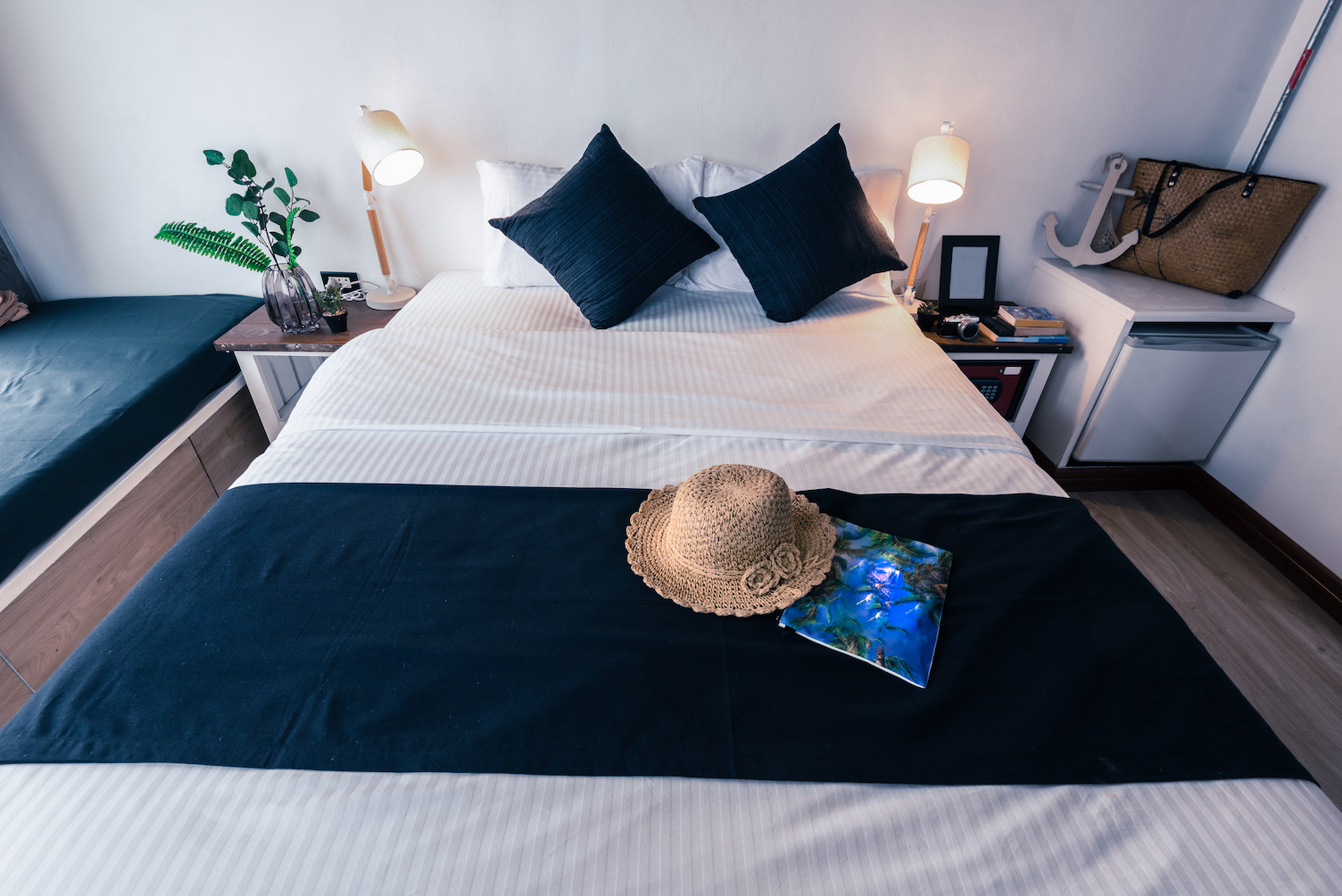
Airbnb venues may not be up to necessary safety standards
In recent years, Airbnb has burst onto the scene as a replacement for hotels, motels, and property rentals – toting its relative cost-savings and the ease in which customers can book a residence for almost any period of time.
The company is currently the world’s leading peer-to-peer online hospitality service. It has more than 4 million venues in 191 countries, spanning roughly 65,000 cities. But while Airbnb has opened a new and exciting arena in the realm of vacation rentals, there are questions about the company’s ability to guarantee user safety.
A recent article published in the journal Injury Prevention has found that many Airbnb venues in the U.S. may not be up to safety standards – especially when it comes to fire safety. The study’s authors (Hudson Kennedy, Vanya Jones, and Andrea Gielen) report the findings of a survey of over 120,500 rentals in 16 American cities. Although most venues are private homes, where national fire safety requirements don’t typically apply, some states and municipalities do set certain standards for rental properties.
The researchers used data from InsideAirbnb.com, an independent website that compiles publicly available information on Airbnb listings provided by the venues’ hosts. They looked through the data to determine if the hosts had reported any smoke detectors, carbon monoxide alarms, fire extinguishers, and first-aid kits on the premises.
In all 16 cities sampled, the vast majority of venues had smoke detectors (80%), and over half had a carbon monoxide alarm (58%). Fire extinguishers were less common, with the most found in Austin, Texas (more than 70 percent) and the least found in New York City (29%). Additionally, Portland, Oregon was the only city out of the 16 to have first aid kids in more than half of the venues sampled.
While it may be reassuring that most Airbnbs have smoke detectors and carbon monoxide alarms, the researchers note that “this is substantially lower than the universal requirement for hotels,” which are legally obligated to comply with national fire safety regulations. The authors also point out that their data are from a wide-ranging period and represent only a portion of the available Airbnbs in each location. Some hosts may be in condominiums or apartment buildings that have their own safety features.
In the past, Airbnb has carried out fire safety campaigns and encouraged hosts to install smoke detectors and carbon monoxide alarms. But as of now, it does not require them to provide proof of their presence. “Distributing safety information and products to hosts is an initial step, but the rates reported here suggest that Airbnb and other similar models should consider requiring safety regulations for hosts,” the researchers say.
—
By Connor Ertz, Earth.com Staff Writer













